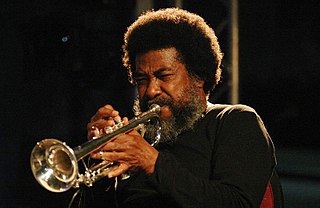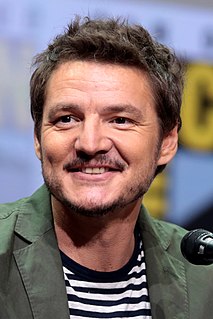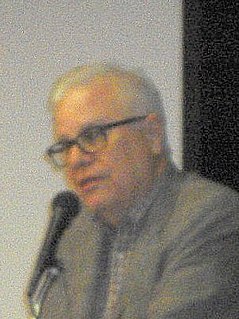A Quote by Julia Scheeres
My parents subscribed to both Time and Newsweek and in 1978, I remember the covers of both that December were of the bodies in the jungle. The fact that many of the people who drank the cyanide - as well as Jim Jones himself - were originally from Indiana, that stayed with me. I wanted to know why they did such a baffling, horrendous thing, why they would kill their children.
Related Quotes
I think the folks who joined Jim Jones's church did so because they truly believed in his stated ideals of racial equality and social justice. That's why he was able to convince one thousand of them to immigrate to the jungle of Guyana. Although history has stigmatized Jonestown residents as the people who "drank the Kool-aid," I'd argue that they were noble idealists. Furthermore, they were murdered. They didn't willingly drink poison - they were forced to do so at gunpoint. They sought the ideal, only to have their leader horribly betray them.
As kids, my brother David and I longed for acceptance. We were desperate to belong. We would have been thrilled to see the pews of Jones's church in San Francisco, with blacks and whites sitting side by side. And Jim Jones's sermons on social justice and equality would have had much greater appeal to us than the soporific morality tales we were accustomed to hearing. Jones promised real racial equality. He promised to create a truly equal community in the jungle in Guyana.
I've spent the majority of my life estranged from either one or both of my parents, and I've really had a lot of time to break down all the reasons why. There was something buried inside of me that said, I've got to kind of unravel the reasons why I don't talk to them; why not just one, but both of my parents and I have these really messed up relationships. And why I've been so fractured all these years. I got to the point where I thought, I was not the best kid. I openly admit that. But then I realized it doesn't matter. I was a kid!
When I was at seminary in my early twenties, one of my teachers said to me, "You're going to have to decide. Either you're going to be an academic or you're going to be a pastor. You can't be both." I remember thinking, Rats! I want to be both! Why are you telling me I can't do these two things?And so I have kind of oscillated to and always wanted to do both.
For my senior prom, my father finally said I could go - as long as I was home by 9 P.M.! That was around the time that most people were heading out. When I was little I was so mad at them all the time. 'Why can't I do this?' 'Why are there so many rules?' But looking back now, my parents gave me the foundation to have so many choices in life.
One of the things that's exciting for me about this novel is that, to me, Brookland and The Testament of Yves Gundron were both, in certain regards, crypto-steampunk. They're both books that are interested in an alternate technological past that in fact didn't historically come to pass. If you were to ask me what my novels were about, I would say, well, these are novels about technology and how we relate to technology and what technology means.
For my senior prom, my father finally said I could go - as long as I was home by 9pm! That was around the time that most people were heading out. When I was little I was so mad at them all the time. Why can't I do this? Why are there so many rules? But looking back now, my parents gave me the foundation to have so many choices in life.





























